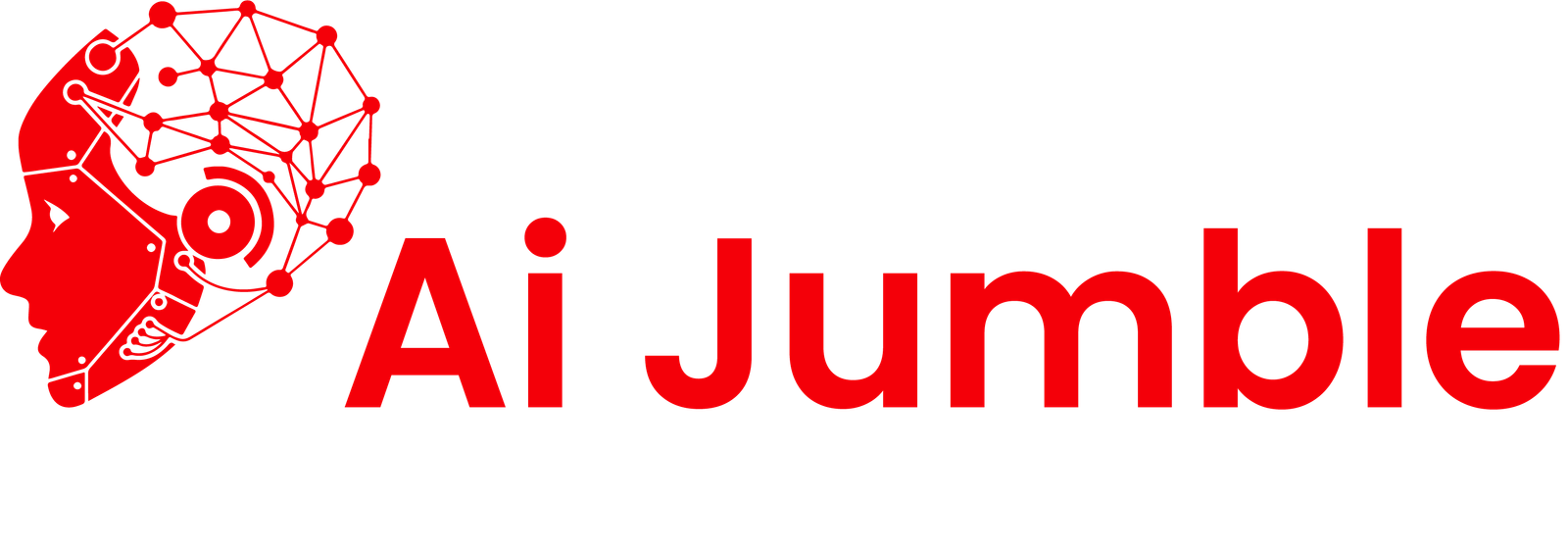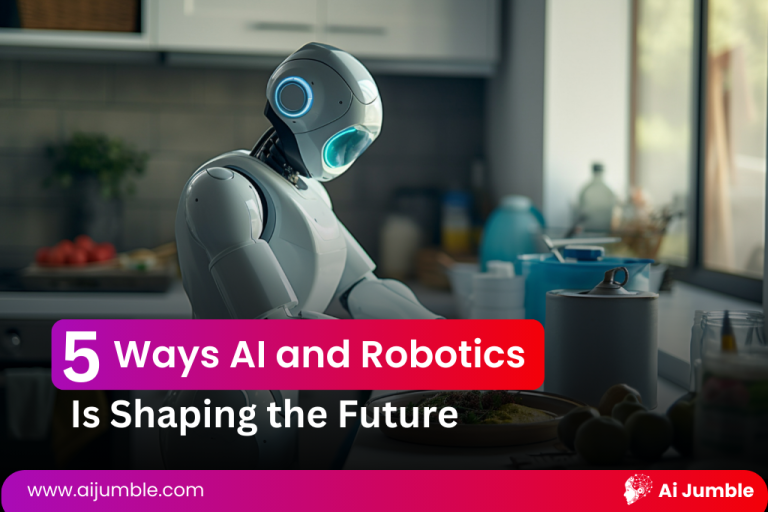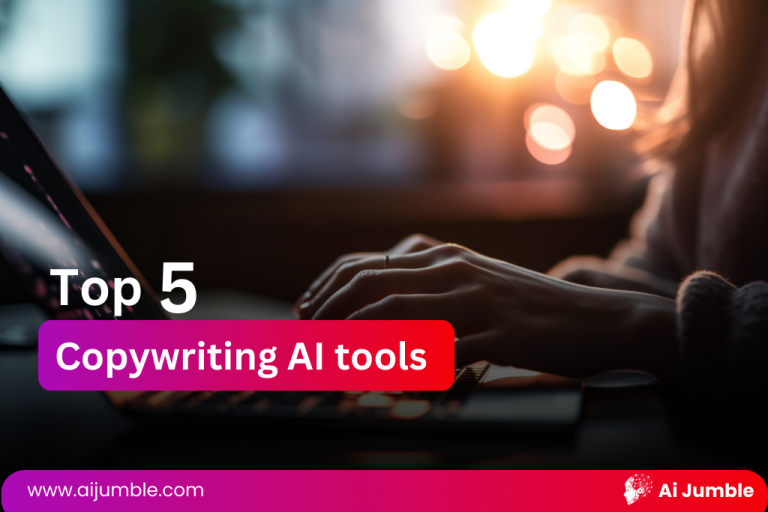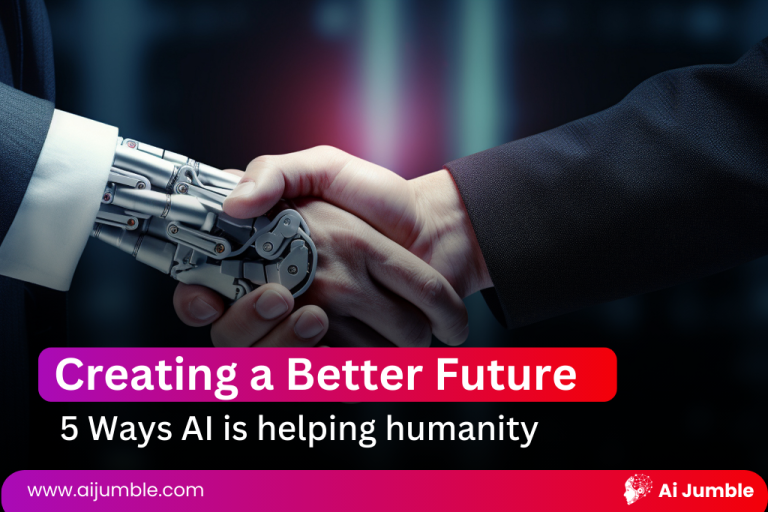AI taking over humans is a foolish thought
In the era of artificial intelligence (AI), there has been a persistent undercurrent of speculation and fear surrounding AI taking over humans. From science fiction narratives to speculative discussions among scholars, the notion of AI surpassing human control often ignites imaginations and concerns.
In the film I, Robot, starring Will Smith, a robot saves him from a car accident but leaves a girl behind to die. But is that the future of AI?
However, in this article, we will explore the current state of AI, debunk myths surrounding a potential AI taking over humans, and emphasize the importance of responsible development and ethical considerations.
Is AI taking over humans?
AI has made tremendous strides, but it is crucial to recognize its current limitations. AI systems are tools created by humans, operating on algorithms and data to perform specific tasks. They lack self-awareness, consciousness, and the nuanced understanding of the world that characterizes human intelligence.
At present, artificial intelligence (AI) is at the forefront of technological innovation, playing an increasingly integral role in our daily lives. AI applications range from voice-activated virtual assistants and personalized content recommendations to advanced data analysis and automation in various industries. Machine learning algorithms allow AI systems to learn and adapt, providing valuable insights and solutions. Despite these advancements, it’s crucial to recognize that current AI lacks self-awareness and the ability to comprehend the world in the nuanced way humans do. AI operates within predefined parameters, making it a powerful tool but not a sentient entity.
The Myths of Autonomous Consciousness:
The idea of AI achieving autonomous consciousness, as depicted in movies and novels, remains firmly within the realm of science fiction. AI cannot experience subjective awareness, emotions, or self-driven motivations. It operates within predefined parameters and does not possess the inherent creativity and adaptability found in human cognition.
The idea of autonomous consciousness within artificial intelligence often stems from science fiction narratives and imaginative portrayals in popular media. Contrary to these myths, the current reality of AI does not involve machines possessing self-awareness or subjective consciousness. While AI can exhibit impressive capabilities in tasks like pattern recognition and decision-making, attributing human-like consciousness to these systems remains a misunderstanding of their nature. It is essential to distinguish between the practical applications of AI and the fictionalized notions of machines gaining autonomous consciousness, recognizing that current AI technology operates within the limits set by human creators
AI and Human Collaboration:
Rather than supplanting humanity, AI has the potential to be a collaborative force, enhancing our capabilities in various domains. In fields such as healthcare, finance, and education, AI systems are tools that can augment human decision-making, automate routine tasks, and provide valuable insights.
Ethical Considerations and Regulation:
As AI technologies advance, ethical considerations become increasingly significant. Concerns about job displacement, biased algorithms, and potential misuse underscore the need for robust regulations and ethical guidelines. Researchers, policymakers, and industry experts are actively working to ensure responsible AI development that aligns with human values.
Job Displacement vs Job Enhancement:
One common concern is the fear of widespread job displacement due to automation. While certain jobs may be automated, history has shown that technological advancements often create new opportunities and industries. AI can potentially eliminate tedious tasks, allowing humans to focus on higher-order thinking, creativity, and innovation.
AI Safety and Responsible Development:
The field of AI safety focuses on mitigating risks associated with AI systems. Researchers are developing safeguards to prevent unintended consequences, address biases in algorithms, and ensure transparency and explainability in AI decision-making.
The Importance of Human Oversight:
Crucially, humans retain control over the development and deployment of AI. Decisions about AI applications, regulations, and ethical considerations are made by humans, emphasizing the importance of responsible stewardship of these powerful technologies.
Conclusion:
In the world of artificial intelligence, the notion of AI taking over humans is more science fiction than reality. AI, as it stands today, is a tool created and controlled by humans. It lacks consciousness, self-awareness, and the capacity for independent decision-making. Instead of fearing a takeover, we should view AI as a valuable ally that can enhance our capabilities and simplify our lives.
As we move forward, responsible development, ethical guidelines, and human oversight will be essential in ensuring that AI aligns with our values and serves us positively. While AI will continue to evolve, the idea of it dominating humanity remains speculative. Let us approach the future with a sense of curiosity, embracing the potential benefits that AI offers while remaining mindful of ethical considerations to steer its development in a direction that benefits us all. AI taking over humans is a possibility for sure and you never know when the war erupts!
Dive deeper into the fascinating world of artificial intelligence with AI Jumble! Explore our comprehensive portal packed with Ai tools directory, informative articles, interactive features, and newly launched web stories.
Read another interesting blog on our Portal:
5 AI Resources to bridge employee skill gap
You may also like to read:
The impact of artificial intelligence on human society and bioethics








4 Comments
Comments are closed.